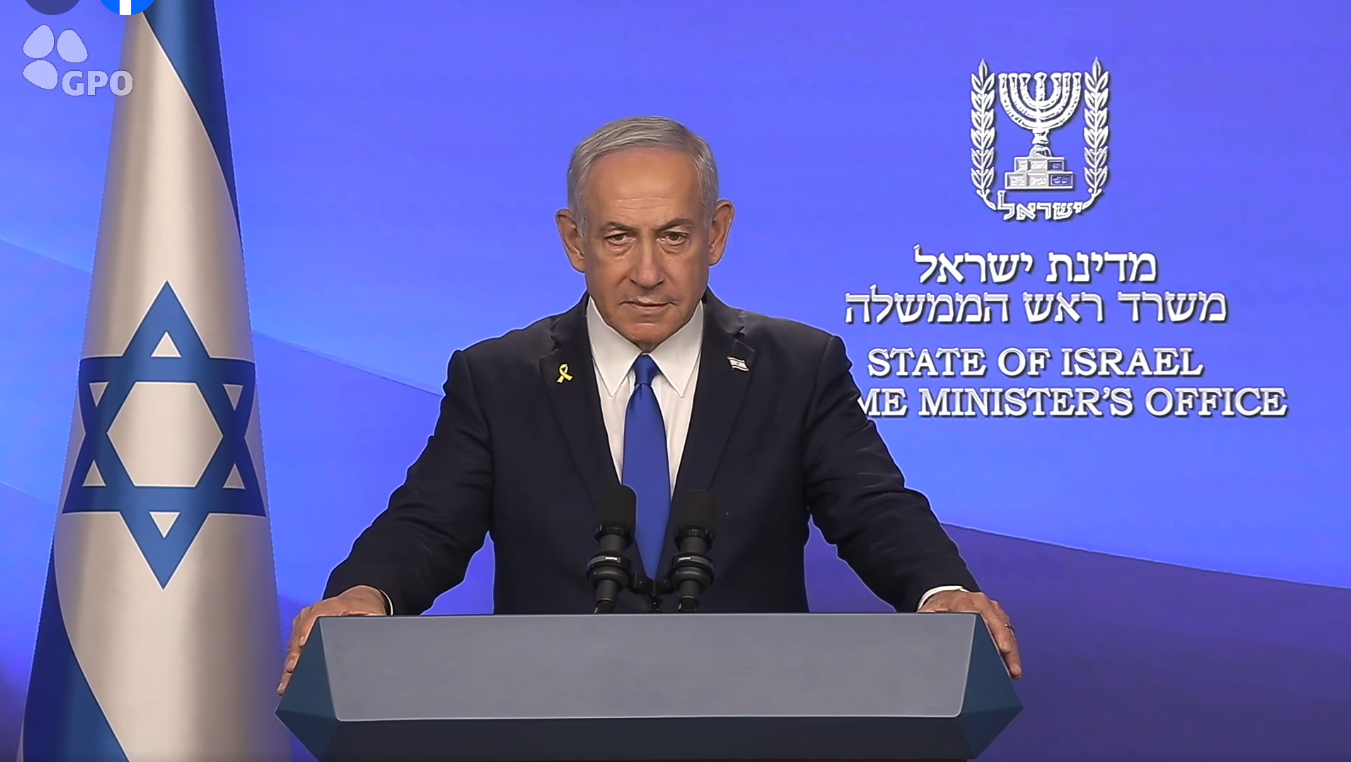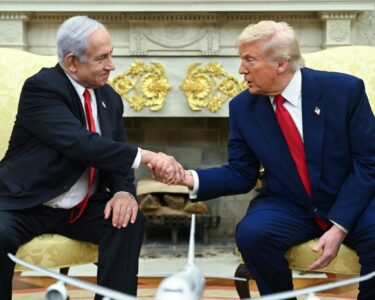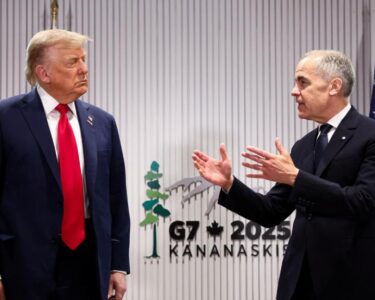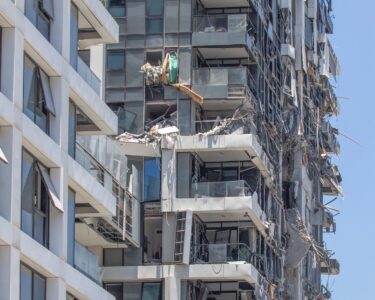Prime Minister Benjamin Netanyahu proclaimed yesterday that Israel has successfully dismantled Iran’s nuclear project in its entirety, following a twelve-day military operation codenamed Lion’s Den. The announcement came mere hours after the commencement of a ceasefire agreement between the two countries, and amidst a rare and public diplomatic dispute with U.S. President Donald J. Trump.
In a classified briefing made available to the media, Mr. Netanyahu declared that Israel had “removed two immediate existential threats” to its national security, describing the campaign’s opening manoeuvres as “a blow that will be inscribed in the annals of history”. The Prime Minister stated that Israeli forces, in coordinated action, had not only neutralised key nuclear infrastructure but had also decapitated Iran’s senior military and scientific leadership.
According to Mr. Netanyahu, the operation entailed the elimination of Iran’s top brass—including three chiefs of staff and additional senior figures—as well as leading nuclear scientists allegedly responsible for the country’s atomic weapons programme. He asserted that “in one swift action we eliminated Iran’s senior command… and the senior nuclear scientists who led the nuclear programme and sought to bring destruction and death upon us”.
Targets included some of the most fortified and symbolically significant facilities in Iran’s nuclear apparatus: the uranium enrichment centre at Natanz, the conversion plant at Isfahan, and the heavy water reactor at Arak. Under U.S. directive, Netanyahu claimed, American forces destroyed the subterranean Fordow facility, while Israeli assets concurrently struck “dozens of facilities, including laboratories and centrifuge production sites”. Israel, he said, also obliterated what he described as “the entire archive” of Iran’s nuclear knowledge—allegedly the sum total of its research and technological expertise necessary for atomic weaponisation.
In a sweeping assertion of strategic achievement, Mr. Netanyahu claimed that the operation had also neutralised Iran’s ballistic missile threat. “Iran’s intention to threaten Israel with thousands of ballistic missiles has been removed”, he said. He outlined strikes on Revolutionary Guard installations, Basij paramilitary compounds, command-and-control hubs, and what he called “symbols of the regime”. The most severe blow, according to the Prime Minister, was delivered in the final hours prior to the ceasefire: a coordinated assault which he claimed resulted in “hundreds of regime operatives” being killed in what he described as “the most devastating attack Tehran has witnessed in fifty years”.
Despite clear diplomatic strain, Mr. Netanyahu expressed public gratitude to President Trump for what he characterised as the unprecedented level of U.S. military cooperation. “On behalf of the State of Israel, I thank my friend President Trump and the United States for their role in defending Israel and in removing the Iranian nuclear threat”, Netanyahu said. “The participation of the United States—not merely in a defensive posture but as an operational partner—is without historical precedent. Israel has never had a greater friend in the White House”.
Yet that friendship was sorely tested behind closed doors—and, increasingly, in public. While the ceasefire officially came into effect at 7:00 a.m., President Trump expressed pointed dissatisfaction with Israel’s conduct scarcely two and a half hours later. Speaking before departing for the NATO summit in The Hague, he remarked, “I’m not satisfied with both sides, and especially not with Israel. Both countries violated the ceasefire. I didn’t like that Israel discharged ammunition after declaring it”.
Tensions escalated further when the President took to his social media platform, issuing a blunt warning: “Don’t drop the bombs. If you do this, it’s a serious violation. Bring your pilots home now”. He continued, “Israel needs to calm down. I have to make it happen. I’ll see if I can make this happen”.
Sources in both Washington and Jerusalem confirmed that President Trump had personally intervened to halt a planned Israeli airstrike on Tehran, demanding its immediate cancellation. In a reportedly tense telephone exchange, Netanyahu ultimately acceded to the President’s demand, agreeing to limit Israel’s retaliation to a symbolic strike on an Iranian radar installation. Israeli aircraft, already en route, were ordered to return to base after being designated “friendly” by U.S. command.
The Israeli Cabinet formally endorsed the ceasefire more than two hours after its implementation, releasing a statement declaring that “Israel has removed a double immediate existential threat: both in the nuclear domain and in the ballistic missile domain”. The Iranian missile salvos that preceded the truce—intercepted successfully by Israeli defence systems—prompted calls within the Israeli defence establishment for retaliatory action. Yet President Trump, refusing to assign culpability to Tehran, publicly chastised Israel for its response, however limited in effect.
Despite the declared military success, Mr. Netanyahu stressed that the threat to Israel’s security had not been wholly extinguished. Citing the continued presence and activity of Hamas in Gaza, he reaffirmed Israel’s commitment to securing the release of hostages held by the militant organisation. “We must defeat Hamas and free all the hostages”, the Prime Minister stated. “To the families of the hostages, I say this: we have not ceased for a single moment—even during the height of the war—in our efforts to bring your loved ones home. We shall not relent in this sacred mission”.
Framing Lion’s Den as a paradigm-shifting military operation, Mr. Netanyahu described it as a “historic victory” that would shape military doctrine globally. “The opening blow,” he declared, “will be studied in the world’s military academies for generations to come”. He issued a stark warning to Tehran and its allies: any attempt to reconstruct Iran’s nuclear capacity would be met “with the same determination and power to cut down any such effort at its inception”.
The episode has laid bare the fragility of even the closest alliances. While Netanyahu’s language towards President Trump remained laudatory, the American President’s evident displeasure underscores a new phase of complexity in the U.S.–Israel strategic relationship. Whether this divergence marks a temporary strain or a more enduring recalibration remains to be seen, but it is clear that the geopolitical reverberations of Lion’s Den will not end with the last bomb dropped.
Photo: Office of the Prime Minister – Israel





